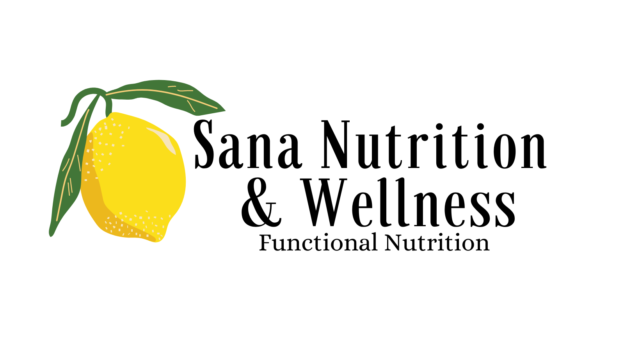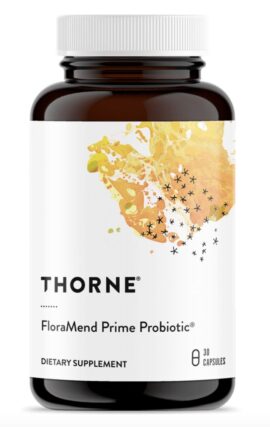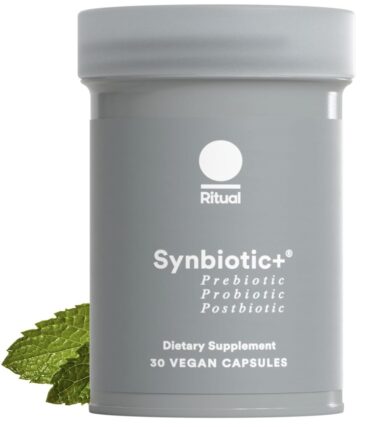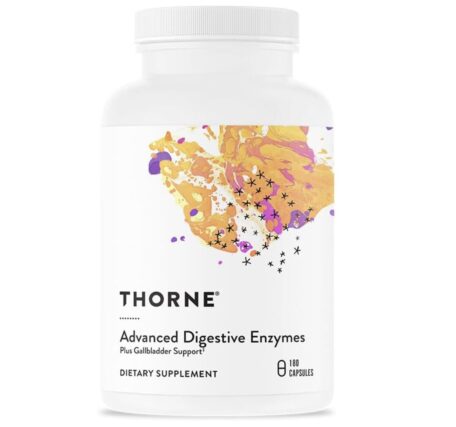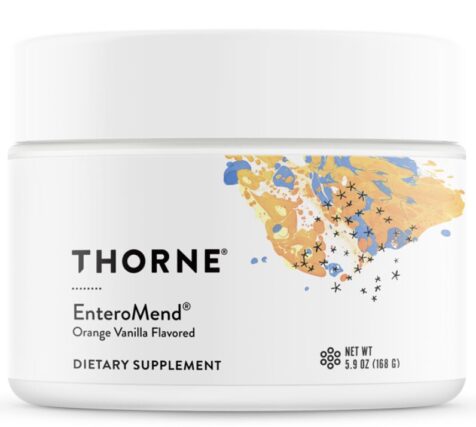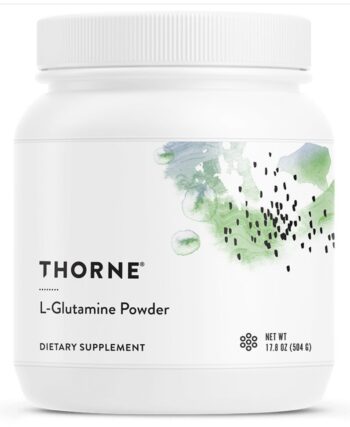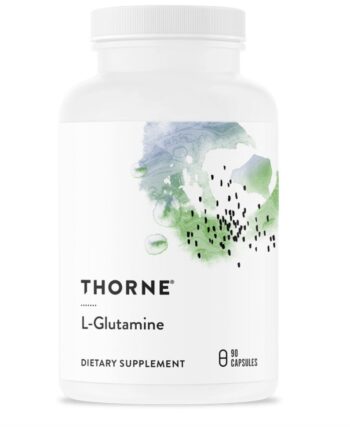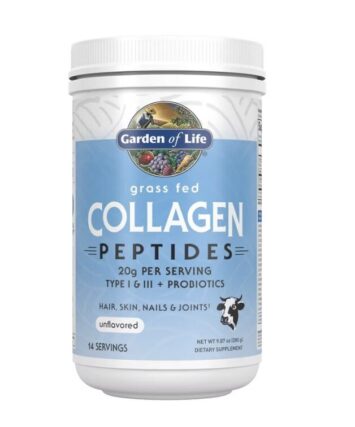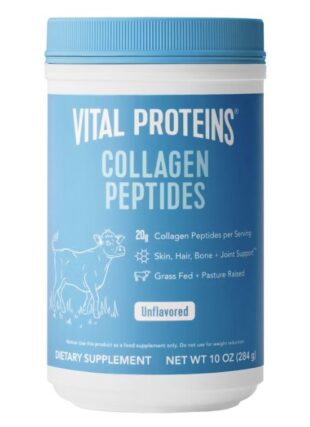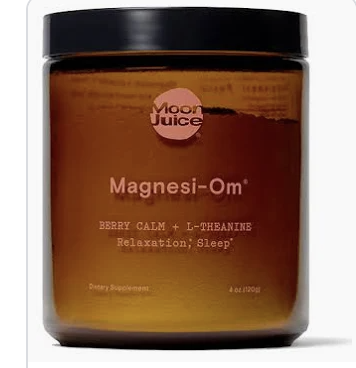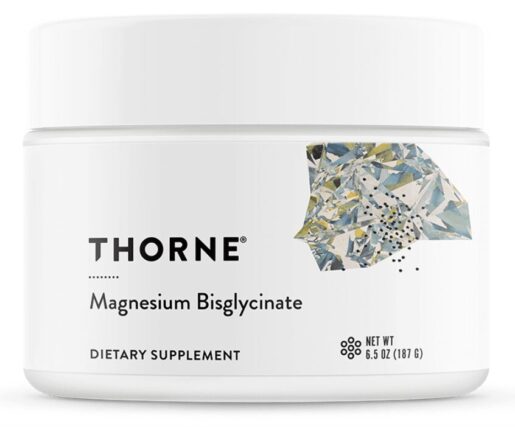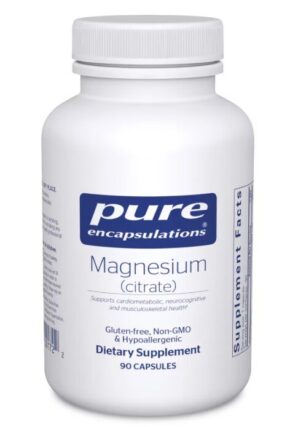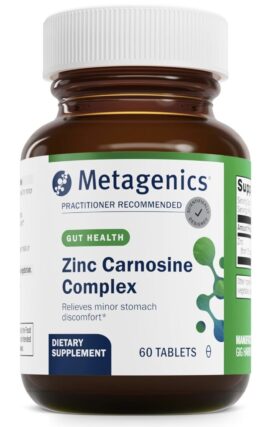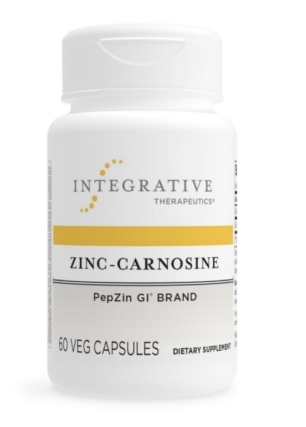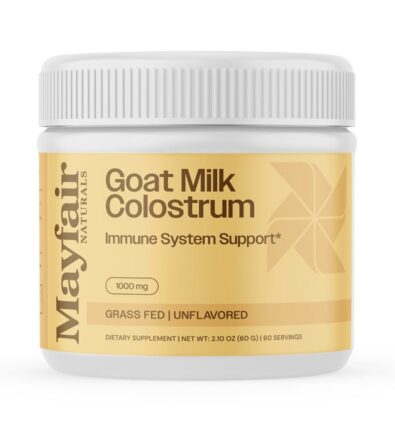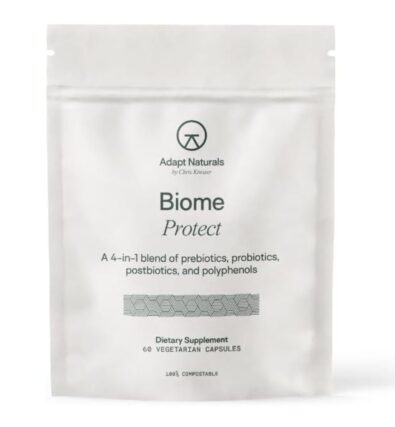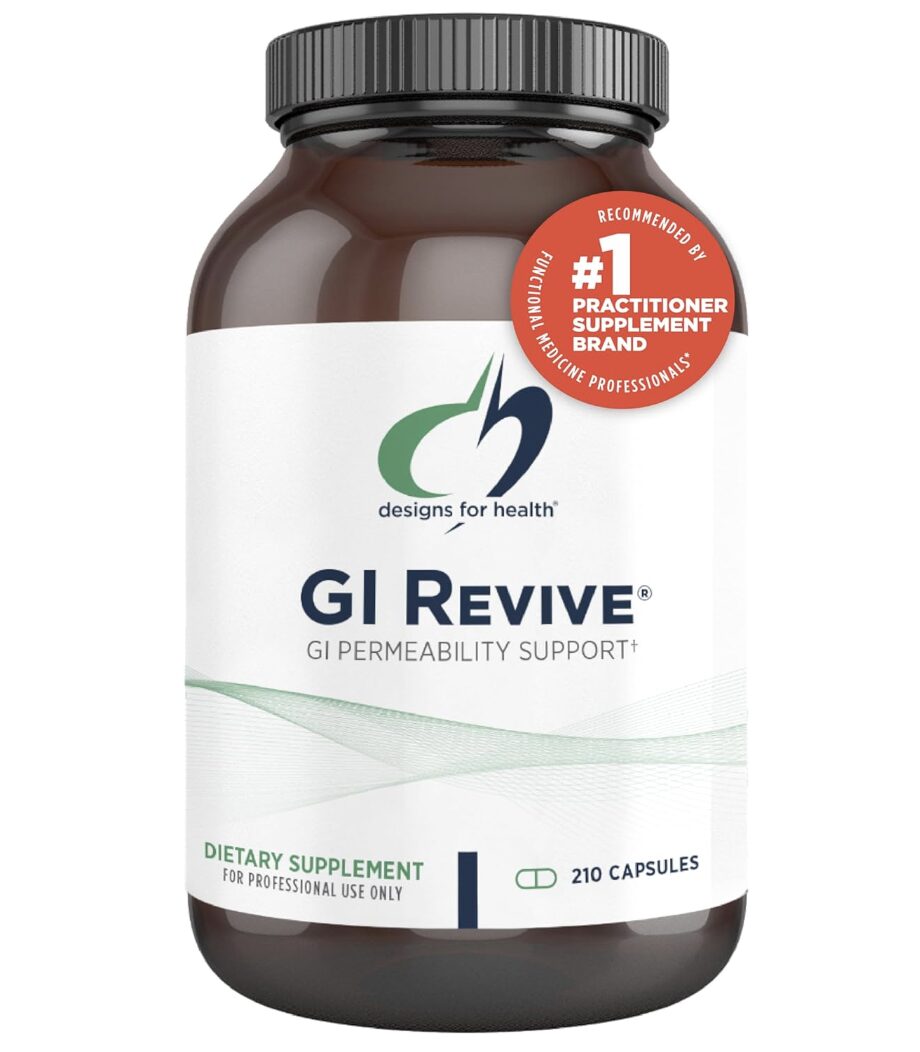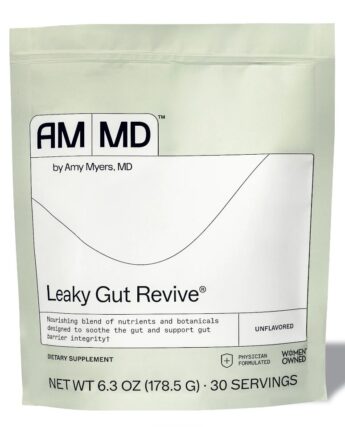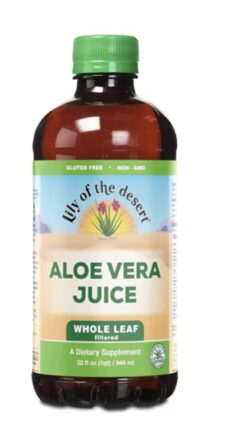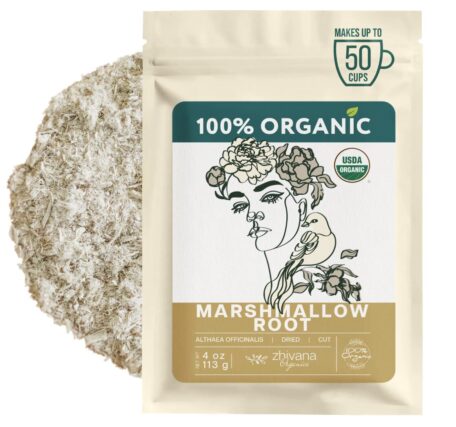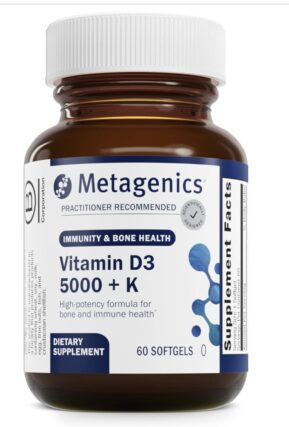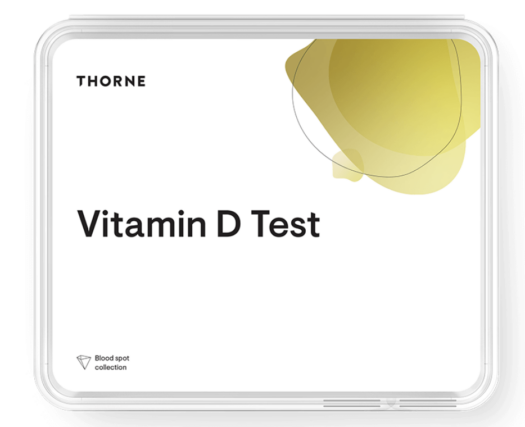Heal your gut naturally with targeted supplements that support digestion, reduce inflammation, and strengthen your gut lining.
When it comes to healing your gut (and honestly, pretty much anything health-related), nutrition should always come first. Real food is powerful — it gives your body the vitamins, minerals, fiber, and antioxidants it needs to repair, rebuild, and thrive. No capsule or powder can fully replace the magic that happens when you fuel your body with colorful veggies, healthy fats, quality proteins, and plenty of water.
But here’s the truth:
Sometimes, even when you’re doing “all the right things,” your gut needs a little extra love. And that’s where smart, targeted supplementation can make a world of difference. Think of supplements like backup singers — they don’t replace the star of the show (nutrition), but they seriously boost the performance.
Supplements can help fill in nutritional gaps, speed up healing, and give your body extra tools it needs to bounce back. Especially when we’re talking about gut health — which affects everything from your digestion and immune system to your mood, energy, and hormones.
If you’re ready to start healing your gut from the inside out, here’s a guide to the best supplements to consider and how they actually work.
Top Gut Health Supplements to Support Your Healing
1. Probiotics
What they do:
Probiotics are live bacteria that help balance your gut microbiome (aka the bustling bacteria ecosystem living in your intestines). They can improve digestion, boost immunity, reduce bloating, and even support better mood and mental health.
Best for:
- Rebuilding gut health after antibiotics
- Easing bloating and irregular digestion
- Daily support for gut and immune health
👉 Look for a probiotic with multiple strains, especially Lactobacillus and Bifidobacterium species.
2. Prebiotics
What they do:
All fiber is important for a healthy gut, but prebiotics are a special type of dietary fiber found in certain foods that act like fertilizer for your good gut bacteria. They help beneficial microbes thrive, support a diverse microbiome, and play a key role in maintaining gut resilience and balance.
Best for:
- Boosting probiotic effectiveness
- Strengthening the gut lining
- Promoting regular, healthy bowel movements (yep, helps with both diarrhea and constipation)
👉 You’ll find prebiotics naturally in foods like garlic, onions, leeks, and bananas — but if you’re not getting enough through food, a supplement can be super helpful. Here is My Favorite Fiber Supplement
3. Digestive Enzymes
What they do:
Digestive enzymes are naturally produced by your digestive tract to help break down carbs, proteins, and fats so your body can actually absorb the nutrients from your food.
But when your gut isn’t functioning at its best, this process can slow down — which often leads to symptoms like bloating, gas, or that heavy, “ugh” feeling after meals. That’s where a digestive enzyme supplement can help give your system a boost.
Think of it as temporary support — a helpful crutch while your gut heals and gets back to doing the job on its own.
Best for:
- Feeling bloated after eating
- Supporting digestion during heavy meals or travel
- Managing mild food intolerances (like dairy or gluten)
👉 Look for a blend that includes amylase, protease, lipase, and lactase for broad-spectrum digestion support.
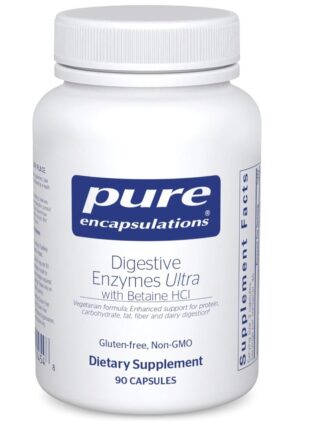
4. L-Glutamine
What it does:
L-Glutamine is an amino acid that fuels and repairs the cells lining your gut wall. It’s a must if you’re dealing with leaky gut, IBS, or gut inflammation.
Best for:
- Healing gut lining
- Reducing inflammation
- Recovery from gut flare-ups
👉 It’s often easiest to take in powder form mixed with water.
5. Collagen Peptides
What they do:
Collagen isn’t just for glowing skin — it’s also a legit gut healer. It’s rich in amino acids like glycine, glutamine, and proline, which help strengthen the gut lining, support a balanced gut microbiome, and promote the repair and maintenance of intestinal tissues.
Bonus: it also supports healthy joints, skin, and hair. Win-win-win. 🙌
Collagen is one of my go-to recommendations because it’s simple, well-tolerated by most people, and easy to add to your daily routine. In addition to supplements, you can also sip on bone broth for a natural, food-based source of collagen.
Best for:
- Healing leaky gut
- Supporting digestion and skin health
- Easy protein boost
👉 Look for hydrolyzed collagen peptides — they’re broken down into smaller protein particles, making them easier to absorb.
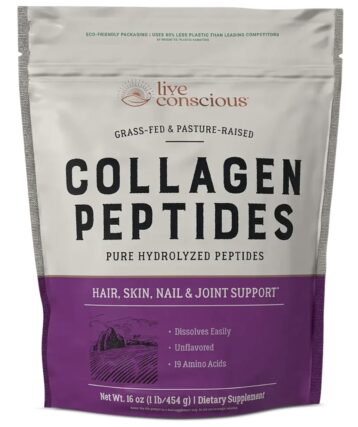
6. Magnesium
What it does:
Magnesium relaxes the muscles in your digestive tract and helps manage stress — both major players when it comes to gut health and regularity.
Best for:
- Constipation relief
- Gut issues triggered by stress
- Better, deeper sleep
👉 Magnesium glycinate or magnesium citrate are great options.
[Link Opportunity: Best Magnesium for Digestion]
7. Zinc Carnosine
What it does:
Zinc carnosine is a powerful combo of zinc and the amino acid carnosine that helps repair and protect the mucosal lining of your gastrointestinal (GI) tract. It’s especially helpful for stomach ulcers, leaky gut, and inflammation throughout the gut — and yes, it can even support healing for mouth ulcers.
This isn’t a forever supplement, though. High doses of zinc over time can interfere with the absorption of other minerals, like copper. So think of this as a short-term support tool while your gut is healing.
Best for:
- Repairing the gut lining
- Chronic digestive struggles
- Recovery post-antibiotics
👉 Often included in gut-specific healing blends.
8. Colostrum
What it does:
Colostrum is the first form of milk produced by mammals after giving birth, and it’s basically the body’s original superfood. It’s packed with immune-supporting compounds like immunoglobulins (IgG), lactoferrin, growth factors, and antibodies — all of which help protect and repair the body, especially the gut lining.
In gut health, colostrum shines by sealing and strengthening the intestinal barrier, supporting the growth of good bacteria, and reducing inflammation. It’s especially helpful for people dealing with leaky gut, autoimmune flare-ups, chronic gut inflammation, or even post-antibiotic recovery.
Some studies suggest it may even help reduce gut permeability (aka “leaky gut”) and support immune function at the mucosal level — the first line of defense in your GI tract.
Best for:
- Healing leaky gut
- Strengthening the gut barrier
- Boosting immune resilience
- Recovery after illness, antibiotics, or intense training
👉 For best results, choose a grass-fed, low-heat processed colostrum supplement to preserve all those delicate, bioactive compounds.
(Heads up: If you have a dairy sensitivity or allergy, definitely check with your provider before trying colostrum — it’s derived from cow’s milk. If you have a dairy allergy, try a goat milk derived version
9. Aloe Vera
What it does:
Aloe isn’t just for sunburns — it can work wonders inside your body, too. Aloe vera contains anti-inflammatory compounds, enzymes, and polysaccharides that help soothe and calm irritation in the digestive tract, making it especially helpful for people dealing with IBS, acid reflux, leaky gut, or mild constipation.
It acts as a natural anti-inflammatory and gentle laxative, supporting bowel regularity without being too harsh. It may also help repair and protect the gut lining, thanks to its mucilage — a slippery, gel-like substance that coats the GI tract and provides soothing relief.
That said, not all aloe supplements are created equal. Some whole-leaf aloe products contain aloins, compounds that can have a strong laxative effect and may be irritating or even unsafe if consumed regularly. So quality really matters here.
Best for:
- Calming inflamed gut lining
- Soothing acid reflux or IBS symptoms
- Mild constipation relief
- Supporting gut healing
👉 Look for purified, decolorized aloe vera supplements made for internal use. These are filtered to remove aloin and are much gentler on your gut. (My Favorite is The Amy Meyer’s Blend)
10. Marshmallow Root
What it does:
Marshmallow root (yep, the plant — not the s’mores kind) has been used for centuries as a natural remedy for soothing irritation in the body, especially in the digestive tract. It contains a substance called mucilage, a thick, gel-like compound that forms a protective coating over the mucosal lining of your gut.
Think of it like a cozy, anti-inflammatory blanket for your insides — reducing irritation, calming inflammation, and helping to promote healing of the gut lining. It can be especially helpful if you’re dealing with heartburn, gastritis, leaky gut, ulcers, or IBS.
In addition to its physical coating effects, marshmallow root may also help stimulate mucus production, which is actually a good thing — mucus is a natural defense layer that protects your GI tract from damage and supports healing.
Best for:
- Soothing heartburn, acid reflux, or gastritis
- Healing and protecting the gut lining
- IBS, ulcers, or leaky gut support
👉 You can find marshmallow root in teas, tinctures, or capsules — go with whatever fits your routine best. (Similar recommendations from above because they have both ingredients)
11. Vitamin D
Vitamin D isn’t just for bones — it plays a major role in your gut health and immune system, too. Low levels of vitamin D have been linked to increased gut inflammation, altered microbiome balance, and even worsened symptoms in conditions like IBS, IBD, and leaky gut.
It helps regulate your immune response, especially at the gut lining, which is your body’s first line of defense. A healthy gut barrier relies on proper vitamin D levels to stay strong and resilient, keeping harmful microbes out while letting nutrients in.
Plus, many people — even in sunny places — are deficient in vitamin D, especially if they spend most of their time indoors or wear sunscreen regularly (which, yes, you should still do!).
Best for:
- Supporting immune health in the gut
- Reducing gut inflammation
- Promoting a balanced gut microbiome
👉 Choose Vitamin D3, ideally paired with Vitamin K2 to support proper calcium absorption and avoid buildup in the wrong places.
[Link Opportunity: Best Vitamin D Supplement for Gut Health]
12. Turmeric (Curcumin)
What it does:
Turmeric is the golden anti-inflammatory queen. Its active compound, curcumin, has powerful antioxidant and anti-inflammatory effects — especially when it comes to the gut lining.
Curcumin helps reduce chronic inflammation in the digestive tract, support healing in leaky gut, and may even provide relief for symptoms of IBS, IBD, or general digestive discomfort. It also helps balance gut bacteria and protect against oxidative stress in the GI tract.
The catch? Curcumin isn’t easily absorbed on its own — which is why a quality supplement is key.
Best for:
- Calming inflammation in the gut
- Healing leaky gut and protecting the gut lining
- Easing symptoms of IBS and digestive distress
👉 Look for a turmeric supplement that includes black pepper extract (piperine) or a bioavailable form of curcumin to increase absorption. Or just add the Spice to your food! This is actually the best way to get more turmeric because there are other bioactive compounds present that we can’t replicate in the lab. So add turmeric where you can in soups, smoothies, dressings, sauces, etc.
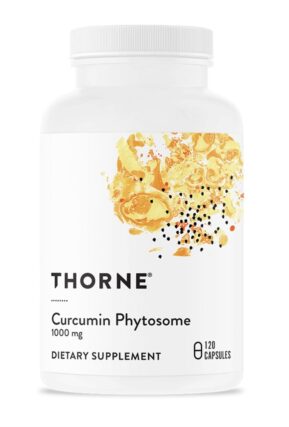
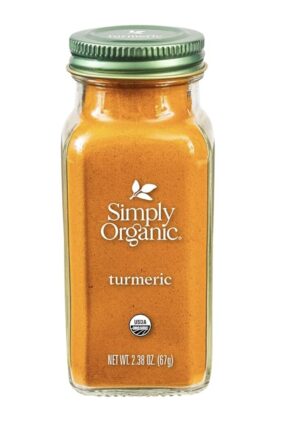
Quick Tips for Choosing Gut Health Supplements
- Always choose high-quality, third-party tested brands. (Cheap supplements = cheap results.)
- Start slow, especially with probiotics and prebiotics, to avoid overwhelming your gut.
- If you have a chronic condition (like IBS, Crohn’s, or ulcerative colitis), check with your doctor or a dietitian before starting something new.
- Many GI supplements are combos, which is often helpful, but you just want to make sure you aren’t getting too much of any one thing because it actually in two of your supplements.
- Remember: Supplements are helpers — not the main characters . Your diet, sleep, hydration, and stress management are really important in your overall healing!
The Bottom Line
Supplements can absolutely be a powerful ally in your gut-healing journey — but they work best when paired with good food, good sleep, lots of water, and less stress.
Start simple.
Pick one or two that fit your current needs, and build from there.
Trust your body and support it
And reach out for help from a professional when you need it! (Always check with your personal healthcare provider before starting any new supplement, especially if you are currently on medication or managing a chronic condition)
And give your gut the love (and patience) it deserves. 💛
💛 Want a simple cheat sheet to take with you?
I created a free Gut Supplement Guide to help you figure out what to take (and why) without the overwhelm. It’s a quick, no-fluff resource with my top picks, tips, and trusted brands.
👉 [Click here to download the free guide] and start supporting your gut the smart, simple way.
This post may contain affiliate links, which means I may earn a small commission if you choose to make a purchase — at no extra cost to you. I only share products I truly love and recommend to support your health and healing journey. Thank you for supporting my work!
